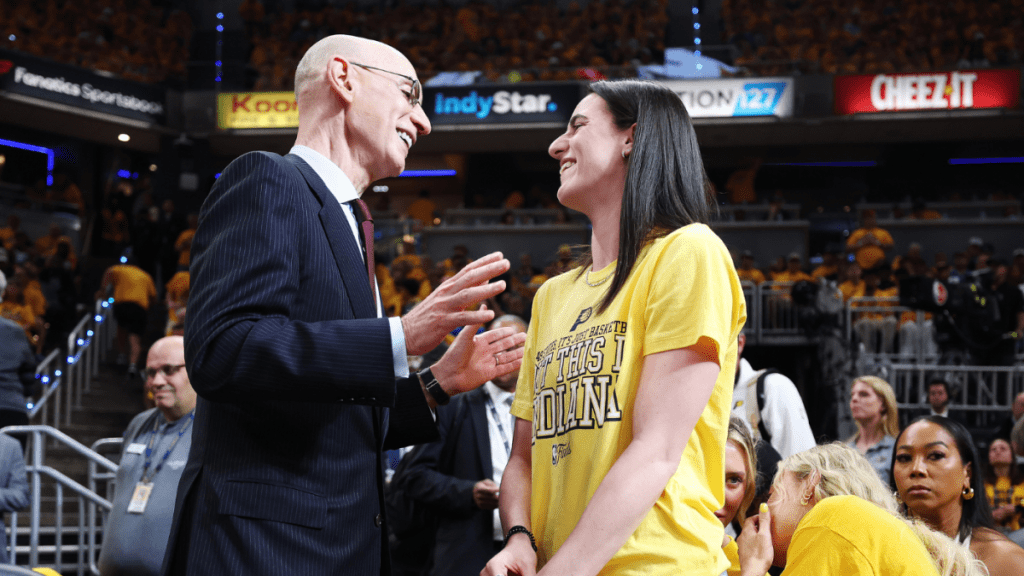Collier’s Frustrations with WNBA Leadership
Napheesa Collier would have preferred to be on the court, preparing with her Minnesota Lynx teammates for Game 5 against the Phoenix Mercury. However, the Lynx’s playoff journey concluded with a loss in Game 4, leaving Collier sidelined in a walking boot, while head coach Cheryl Reeve served a one-game suspension due to events from Game 3.
A Shift in Focus
Instead of engaging in a typical pre-game routine, Collier used the opportunity to elevate the ongoing conflict between the WNBA and the Players Association to new levels. She opened her exit interview with a bold statement aimed at league leadership.
Leadership Critique
“We have the best players and fans in the world, but the worst leadership,” Collier stated, echoing sentiments previously expressed by Reeve regarding officiating issues and the need for reform. Her comments were a forceful critique aimed directly at WNBA Commissioner Cathy Engelbert.
Personal Experience with League Officials
In her address, Collier detailed her interactions with Engelbert, describing her as cold and dismissive. Notably, Collier quoted Engelbert as implying that WNBA players should be thankful for the league’s platform and the media rights deal, which she claimed did not resonate well with the players.
Beyond Engelbert: The NBA’s Influence
While Engelbert has faced backlash, attention also needs to be directed toward the NBA. Despite Engelbert being the face of the WNBA, it is ultimately the NBA that holds significant influence over the league, with NBA owners possessing a controlling interest in many WNBA teams.
Ongoing Struggles and the Path Forward
Collier’s remarks underscored that the leadership struggles go beyond individual personalities; they encapsulate deeper systemic issues. Despite the WNBA’s growth, including a lucrative media rights deal and rising attendance, the league’s management continues to undervalue its players, perpetuating a culture of gratitude over fairness.
A Call to Action
Ultimately, Collier’s statement represents a turning point. The players are ready to assert their rights and demand substantial changes within the WNBA. The real challenge will be recognizing and addressing the true source of their struggles.



